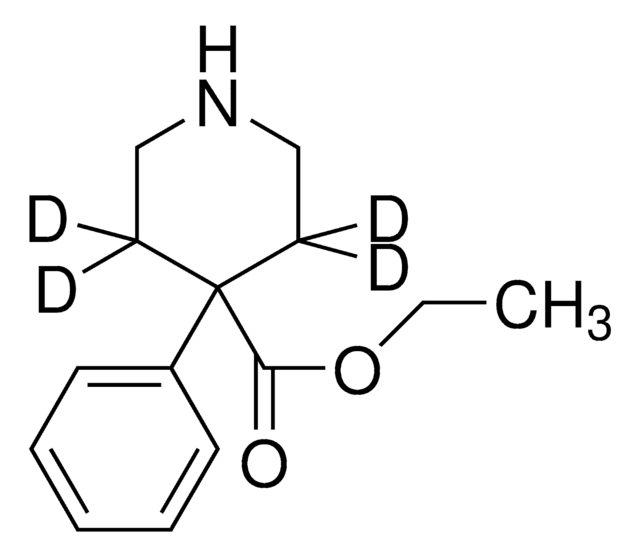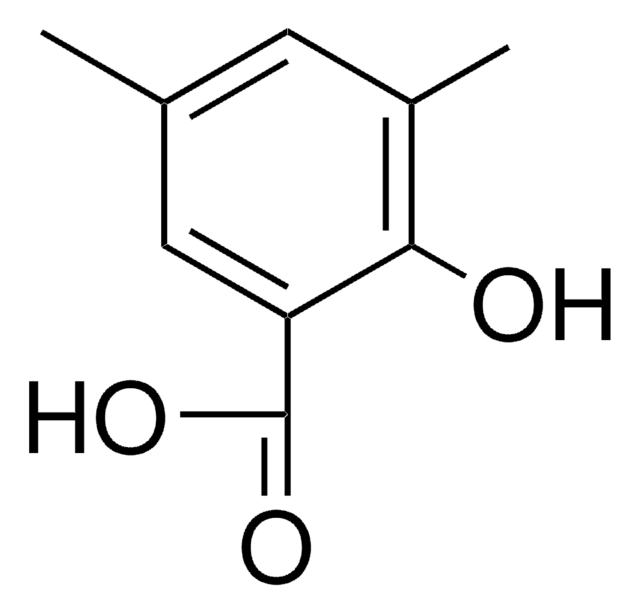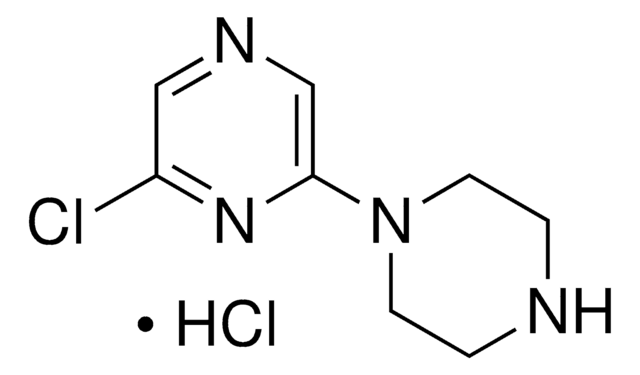M-144
MDAI hydrochloride solution
100 μg/mL in acetonitrile: water (9:1) with 5% 1 M HCl (as free base), ampule of 1 mL, certified reference material, Cerilliant®
About This Item
Productos recomendados
grade
certified reference material
Quality Level
form
liquid
feature
Snap-N-Spike®/Snap-N-Shoot®
packaging
ampule of 1 mL
manufacturer/tradename
Cerilliant®
drug control
Narcotic Licence Schedule E (Switzerland)
concentration
100 μg/mL in acetonitrile: water (9:1) with 5% 1 M HCl (as free base)
technique(s)
gas chromatography (GC): suitable
liquid chromatography (LC): suitable
application(s)
forensics and toxicology
format
single component solution
storage temp.
−70°C
SMILES string
Cl.NC1Cc2cc3OCOc3cc2C1
InChI
1S/C10H11NO2.ClH/c11-8-1-6-3-9-10(13-5-12-9)4-7(6)2-8;/h3-4,8H,1-2,5,11H2;1H
InChI key
DEZYWEZDXRXACY-UHFFFAOYSA-N
General description
Legal Information
related product
signalword
Danger
Hazard Classifications
Acute Tox. 4 Dermal - Acute Tox. 4 Inhalation - Acute Tox. 4 Oral - Eye Irrit. 2 - Flam. Liq. 2
Storage Class
3 - Flammable liquids
wgk_germany
WGK 2
flash_point_f
55.4 °F - closed cup
flash_point_c
13 °C - closed cup
Certificados de análisis (COA)
Busque Certificados de análisis (COA) introduciendo el número de lote del producto. Los números de lote se encuentran en la etiqueta del producto después de las palabras «Lot» o «Batch»
¿Ya tiene este producto?
Encuentre la documentación para los productos que ha comprado recientemente en la Biblioteca de documentos.
Nuestro equipo de científicos tiene experiencia en todas las áreas de investigación: Ciencias de la vida, Ciencia de los materiales, Síntesis química, Cromatografía, Analítica y muchas otras.
Póngase en contacto con el Servicio técnico










